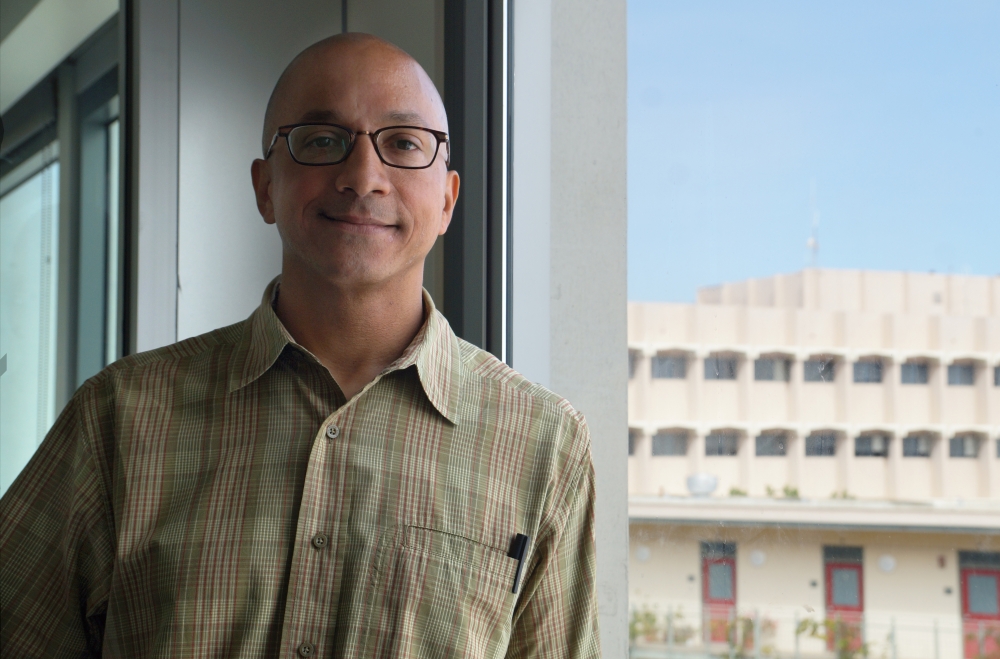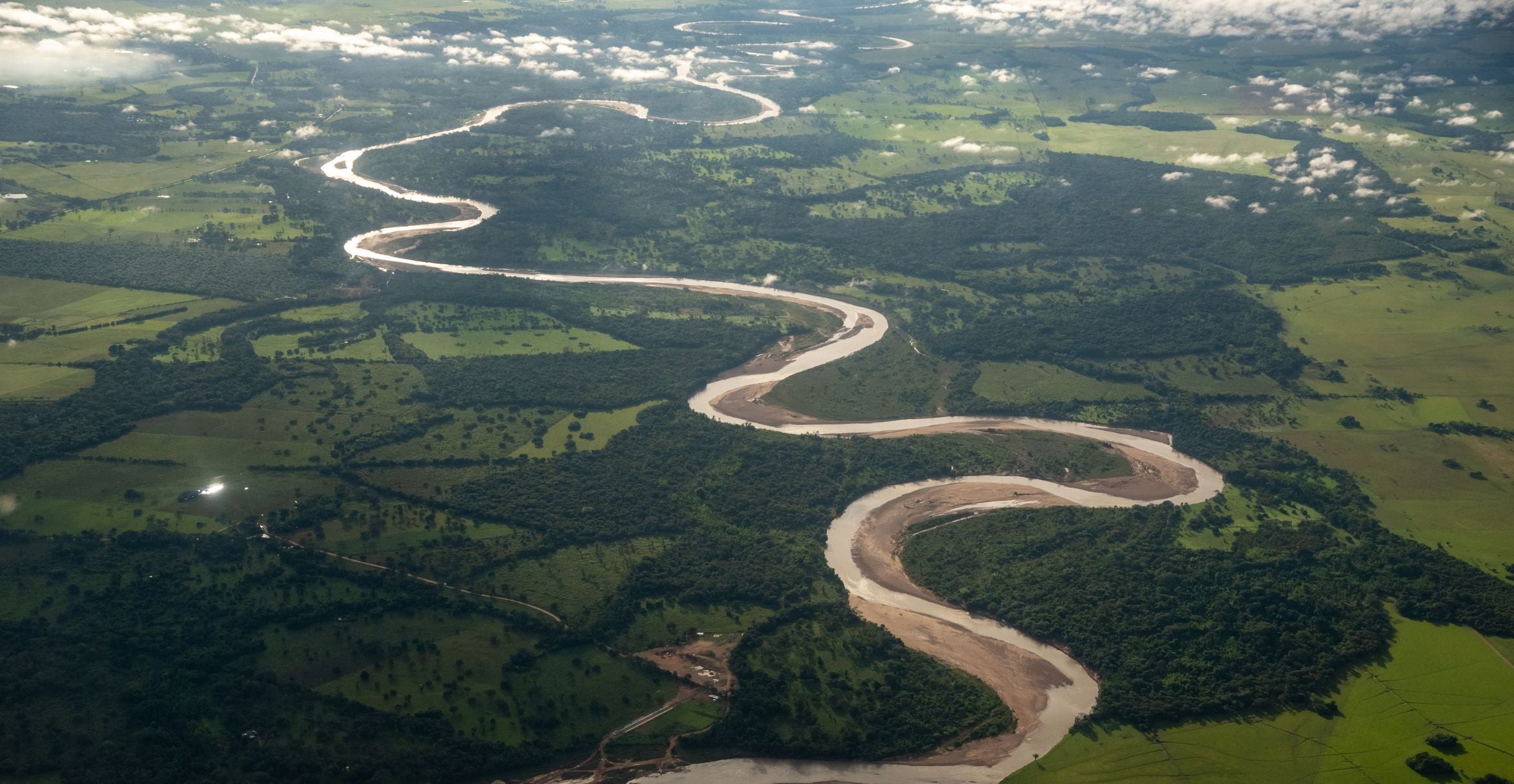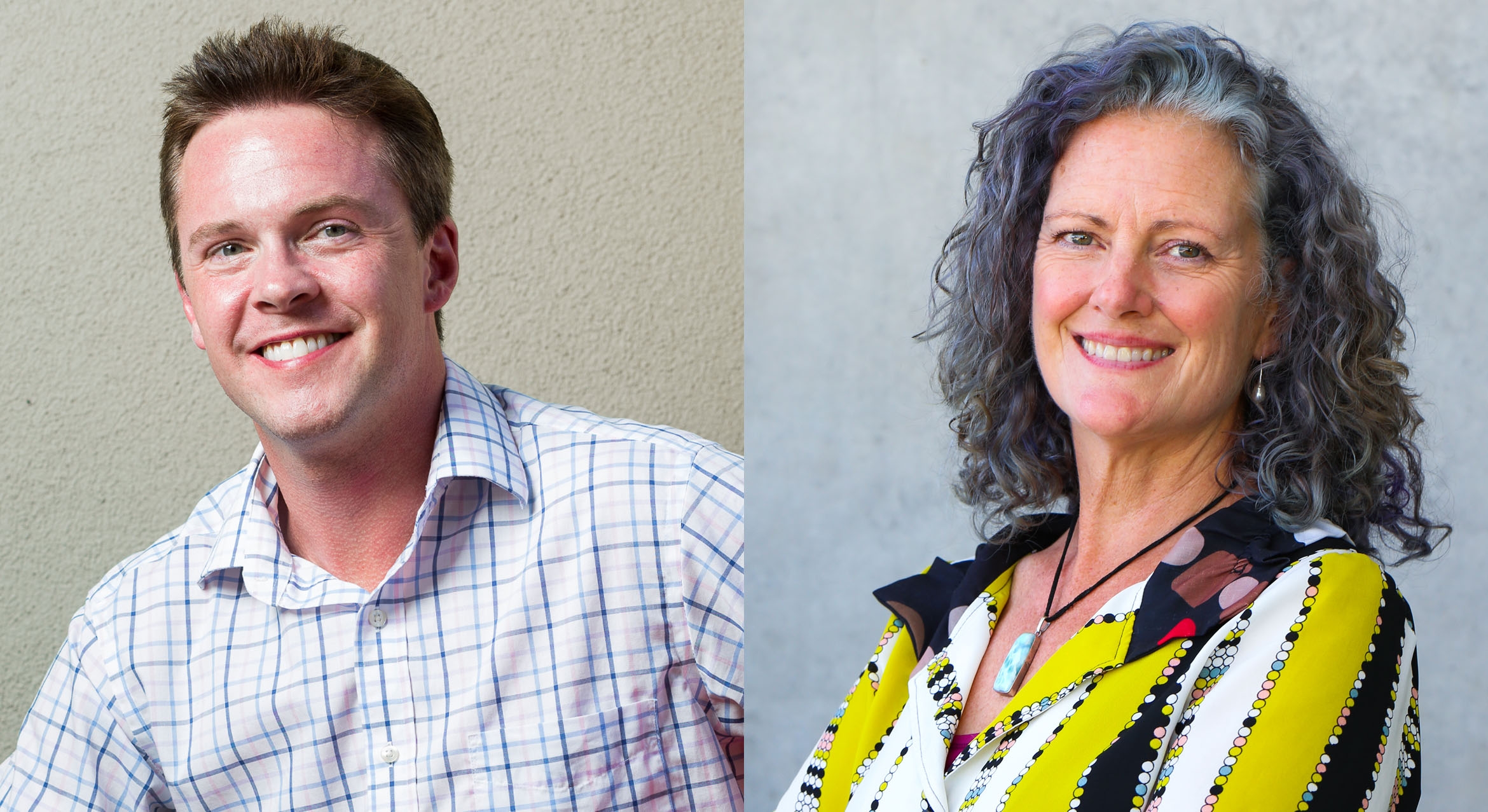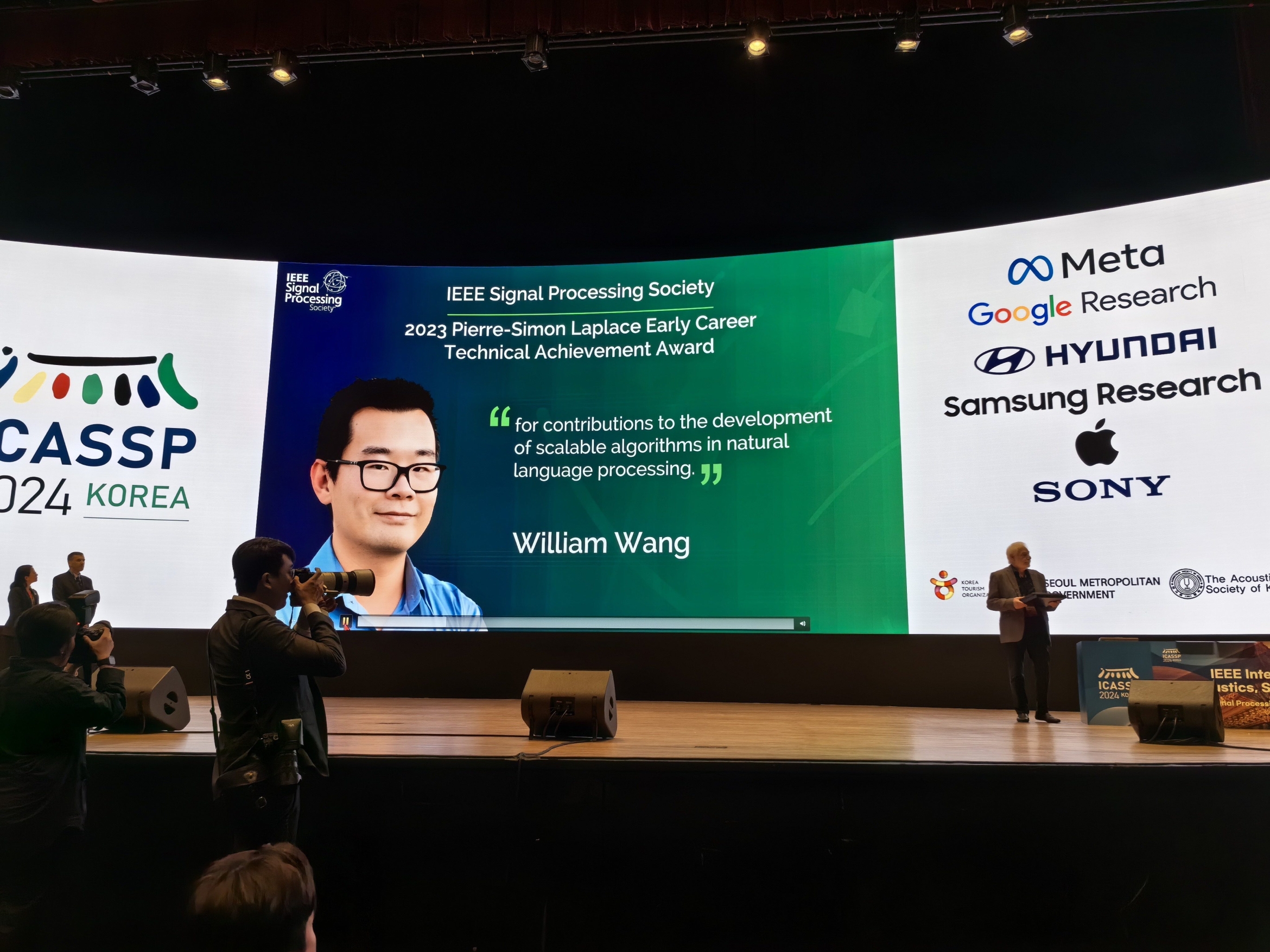
Crusader for Justice
By his own reckoning, David Pellow has some big shoes to fill. The second person to hold UC Santa Barbara’s Dehlsen Endowed Chair in Environmental Studies, he follows in the footsteps of the late William Freudenburg.
“Bill was a Renaissance scholar and a mentor of mine,” said Pellow. “He was one of the founding scholars of the field of environmental sociology, so I owe him a huge debt of gratitude. If I can do half the job he did, I will be extremely proud.”
According to Carla D’Antonio, chair of environmental studies, that shouldn’t be difficult. “David’s research scholarship links important areas across campus in the environmental arena, particularly in bringing a human rights face to the campus theme of sustainability,” she said. “Because his research lies at the intersection of the fields of social theory, environmental justice and sustainable use of the Earth’s resources, it will make important connections to scholarship in sustainable development and in our understanding of environmental quality, human rights and globalization.”
“David Pellow’s research in the areas of environmental and social justice make him a perfect fit for UCSB’s Dehlsen Endowed Chair in Environmental Studies,” said Pierre Wiltzius, the Susan and Bruce Worster Dean of Science. “We are excited about both his academic contributions and his active engagement with the local community and beyond. He is a scientist who exemplifies the scholar-activist and we are thrilled to support his work.”
Pellow, also specialist in race and ethnic studies, social change and social movements, came to UC Santa Barbara last year from the University of Minnesota. He defines environmental justice as a combination of ecological sustainability and human or civil rights. However, he noted, people often misuse the term.
“It rankles me when people use the term ‘environmental justice’ to label communities that are low income or working class or composed of immigrants, indigenous peoples or people of color who are struggling against air pollution or toxic waste,” explained Pellow, who directs the Global Environmental Justice Project. “I wouldn’t use the term that way because I think there’s an absence of environmental justice there.”
Pellow is primarily known for studying such communities and perceives environmental problems as social in origin. He argues that the greatest threat to the environment is social inequality.
“Some of the most fascinating research shows that societies with strong democratic traditions and greater equality tend to treat the nonhuman environment much better than societies with deep social inequalities,” Pellow said. “Like many sociologists, I’m interested in social movements, grassroots efforts, community-based networks and organizations — how ordinary people come together and make sense of inequitable situations.”
Examples of Pellow’s work include studies on conflicts over the disproportionate location of garbage dumps and incinerators in communities of color in Chicago from the 1880s to the 2000s, as well as and on the immigrant and working-class laborers and environmental justice activists who pushed Silicon Valley companies to be more attentive to demands for sustainability, environmental justice and occupational safety and health. In previous research he has examined how environmental privilege and environmental racism shaped the local ecology and life chances of native-born and immigrant residents of Aspen, Colorado and the state's Roaring Fork Valley.
For Pellow, solutions to problems like climate change lie in expanding the definition of democracy. “Maybe democracy isn’t just going to the ballot box and voting for somebody and relying on the state to do its job of regulating companies and hoping that companies follow the regulations,” he said.
“We need to have a conversation with myriad stakeholders to determine what it is that we can do better to keep companies in business, to keep them more sustainable, to keep government on its toes and doing its job and to empower ordinary people and communities to make changes and improve their situations,” Pellow continued. “As an environmental studies scholar, I know it’s very important to consider the flora and fauna of the nonhuman environment as interested parties and to think about not just trying to build a democracy for human beings but a multispecies democracy, as odd as that might sound. That, to me, is a vision of what environmental or ecological justice is about.”
This quarter, Pellow is teaching a class called Animals in Human Society, which explores questions about the relationship between human society and the nonhuman world. He sees this relationship as an ethical issue and a matter of shared responsibility because it reveals the ways that our everyday activities and public policies have real consequences for the health of humans, nonhuman species and the ecosystems upon which we all depend.
“We’re not going to solve climate change if we’re just interested in human beings and human welfare,” Pellow said. “So how do we imagine hearing and listening and giving a voice to the interests of more than just humans? We need to think about democracy more expansively. That’s where I’m trying to push environmental justice.”



